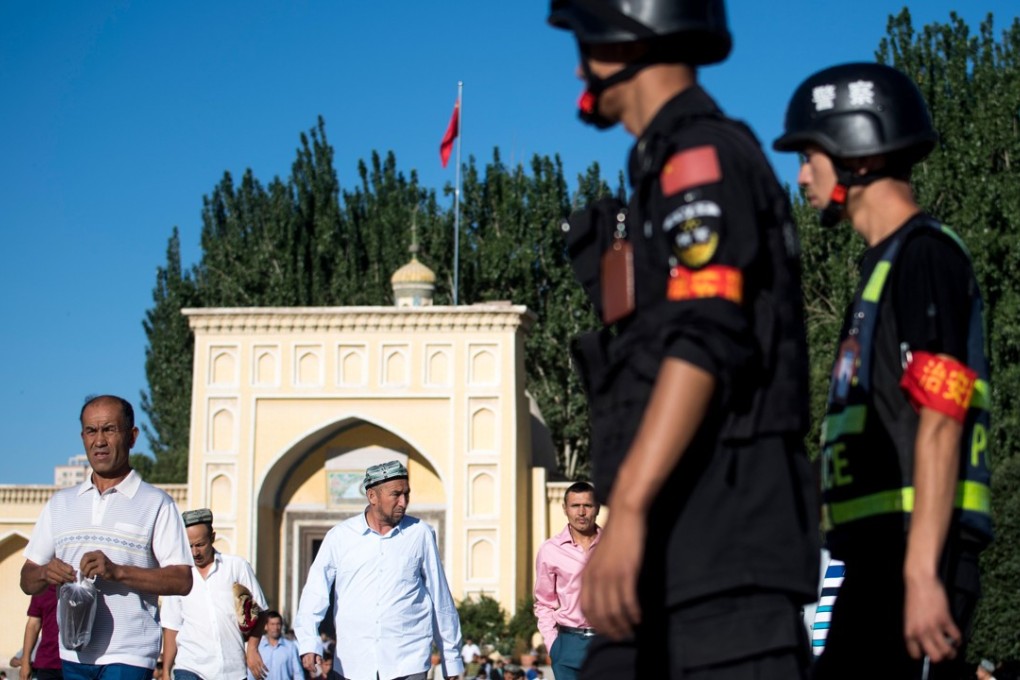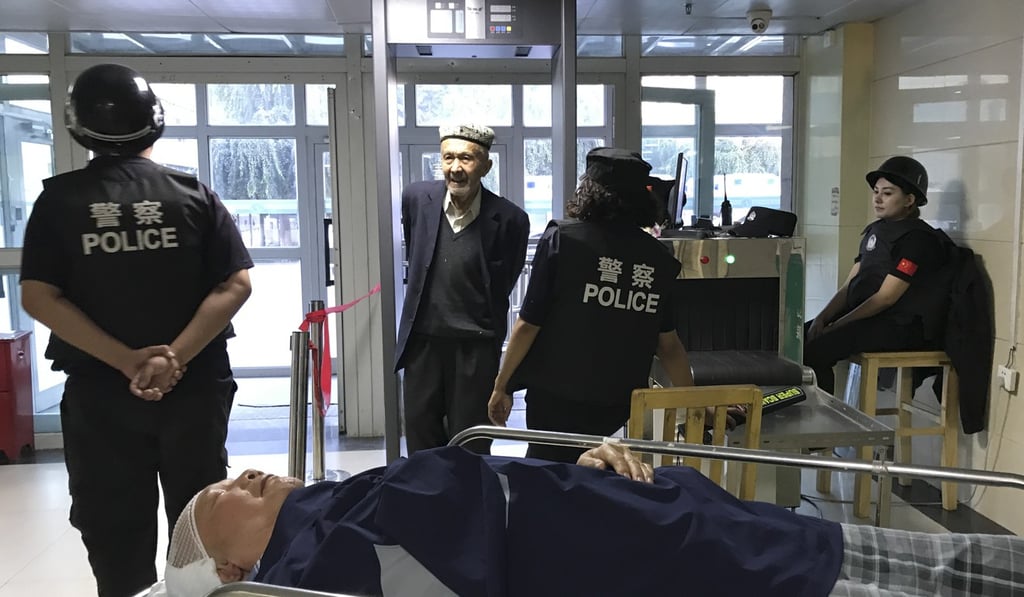Video | How my family Silk Road trip ended in a nightmare of security and a stay in hospital in Kashgar
During a family holiday in northwest China, Bernice Chan’s father suffered a blood clot that required an operation and 12 days in hospital in Muslim Xinjiang, where security was heavy in the lead-up to National Day

Xinjiang Kashgar First People’s Hospital was not on the itinerary for our family tour of the Silk Road in China, which included the famed Mogao Caves, outposts of the Great Wall, the Singing Sand Mountains, and the rainbow-coloured hills of Zhangye Danxia Geopark.
But less than 24 hours after arriving in Kashgar – China’s westernmost city and its last outpost on the Silk Road – we were in an emergency room waiting for an operation to remove a blood clot from my father’s brain.
In retrospect, it may not have been the best time to be travelling in the Xinjiang Uygur autonomous region – even without the trip revolving around a Kashgar hospital. It was 12 days before China’s National Day on October 1, and security was tightening in the Muslim-majority area labelled “restive” by foreign media and populated by “separatist” Uygurs, according to the central government in Beijing.
A few days earlier, my 80-year-old father had seemed exhausted – walking more slowly and napping a lot more on the tour bus. Now, he could not even walk or stand on his own.

Our Uygur tour guide translated the explanation of the procedure given by the surgeon, who spoke only Uygur but helpfully drew a diagram showing where holes would be drilled into my father’s skull to drain the clot.